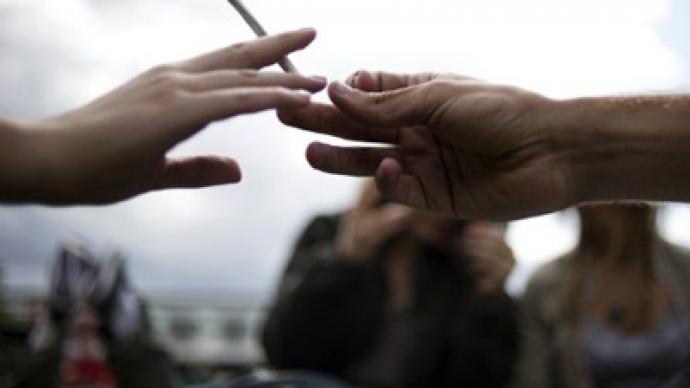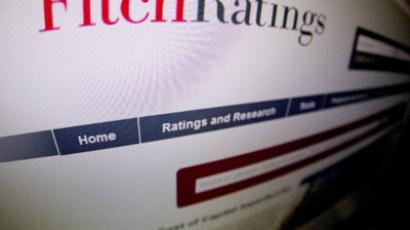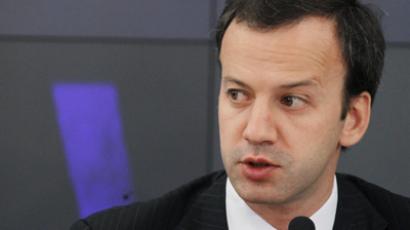Billions in tax revenues not just a pipe dream for drug-taxing governments

When celebrity billionaire Richard Branson called for the legalisation and taxation of cannabis all he got was a backlash from Britain’s tabloid newspapers.
Addressing a committee of UK MPs the founder of the Virgin business empire cited the 200 million pounds (USD 315 million) annually spent by the police on fighting drugs and the seventy thousand people who receive sentences each year. Branson said that to drastically reduce both figures would be “win-win” for the public and the government.In fact going one step further, Branson claimed that not only savings, but revenue for the government are to be made from the industry.But while few in the media or government seriously engaged with Branson, a series of extensive reports have been produced in recent years detailing the potential government income from taxing drugs.And these are substantial.In a report published last September, the legalisation advocacy group CLEAR claimed the UK economy would be 6.7 billion pounds (11.6 million dollars) better off if just one drug – cannabis – became openly available.Nearly five billion of that would be as a result of excise duty, and the rest from police savings and the expunging of criminal records which often mean that former convicted users struggle to get jobs.CLEAR has an obvious agenda, however it used widely accepted figures on consumption to arrive at its conclusion.The libertarian think-tank, the CATO Institute, conducted a similar study last year in the US. It claims the government could bolster its coffers by 46.7 billion dollars if it legalised all illicit drugs (and not just marijuana).And while these are all hypotheticals, based on estimated prices and numbers of users, there are existing real-life examples. The Netherlands, which allows the sale of cannabis in specialised “coffee-shops”, collects approximately 600 million dollars in tax revenue from these establishments each year.So, going on mathematics alone there is no doubt that legalisation would bring in substantial additional revenue.The real question is whether the benefits to the budget will outweigh the social and medical costs of legalisation – and no one can predict with complete accuracy whether legalisation will cause significantly more people to try drugs, or to become addicted.Yet as the number of worldwide drug users increases from year to year, it is obvious that however valiantly it is fought, the war on drugs is not being won by the authorities. And this means that – whether in the near future or in the coming decades – Richard Branson’s proposals will get another airing.














